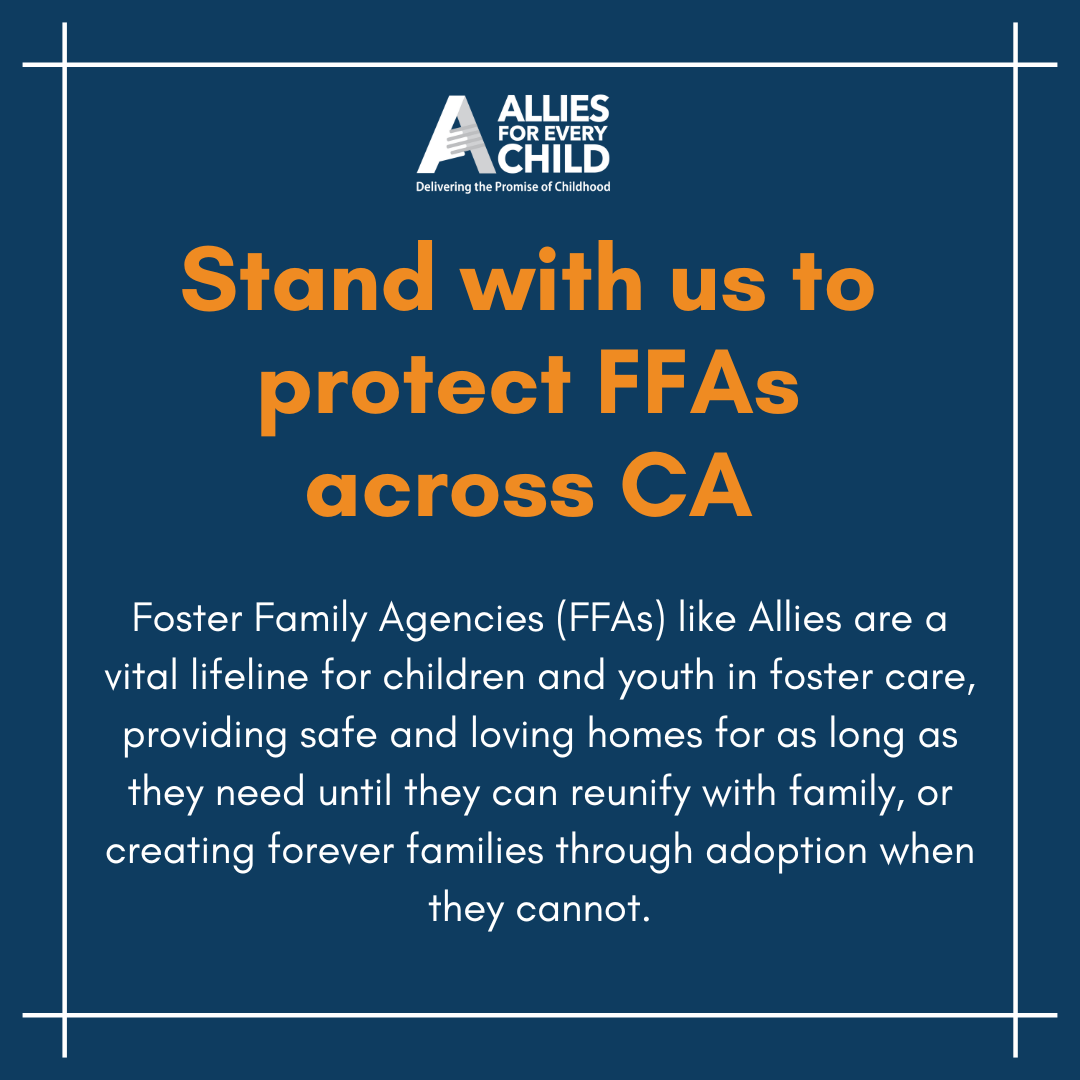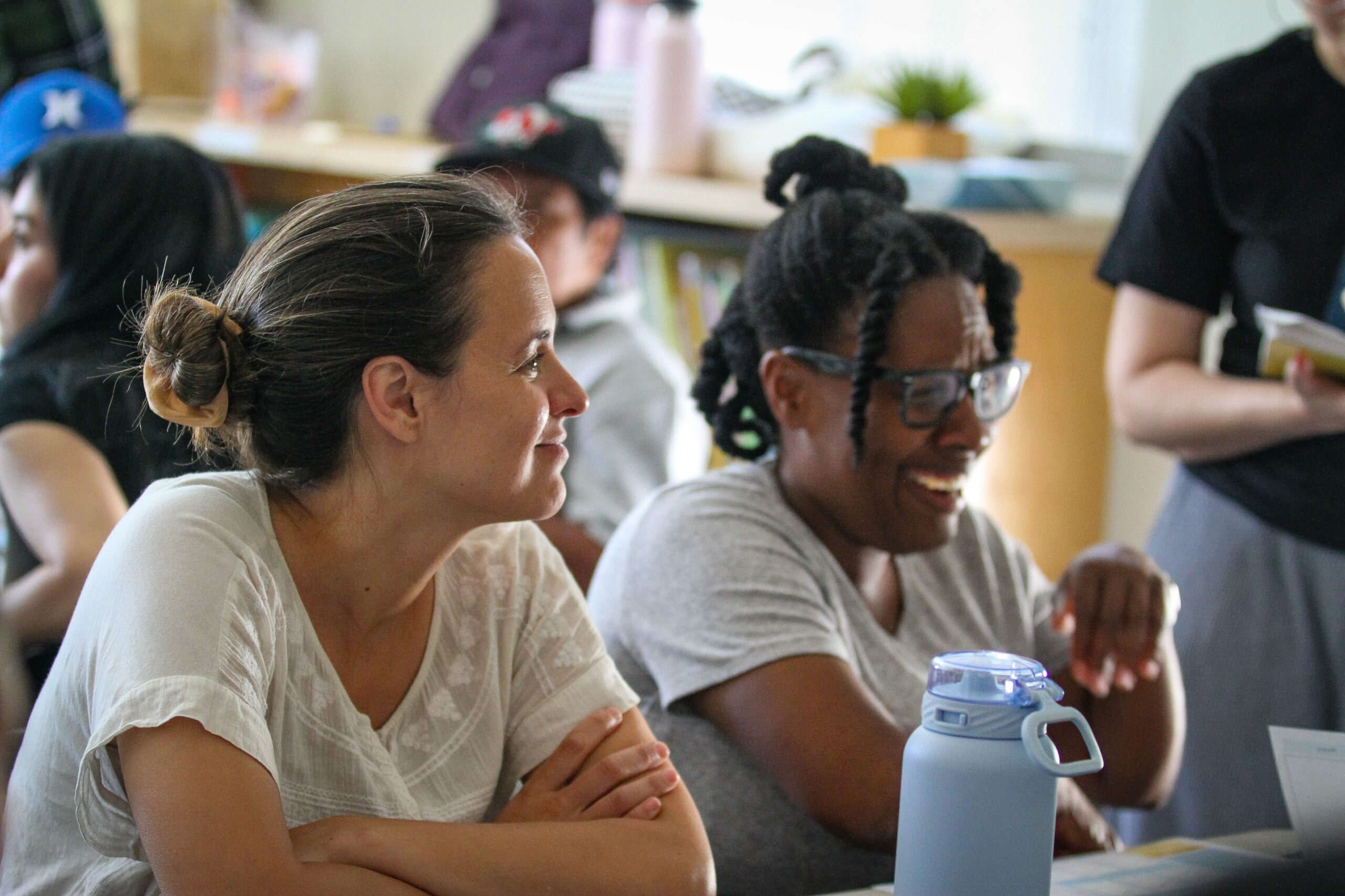A new report out of UC Berkeley, “Parents in Foster Care: Trends over time from the CalYOUTH Study,” concludes that there’s a real need for programs focused on Transition Age Youth (TAY) parents and their children: “The extension of foster care through age 21 allows youth to remain in care for three additional years, and this extra time means that more young adults will become parents while in care. The findings of this report suggest that Child Protective Services should prioritize the needs of parents who remain in care as they transition to adulthood alongside the needs of their children, in the process supporting the healthy development of two generations.”
The research highlights the fact that while a significant portion of young adults in foster care are also parents, most services and housing exclusively serve individuals and lack early childhood development expertise and other resources that families need to succeed.
Some of the findings include:
- At age 17, almost 10% of youth in foster care had child(ren)
- At age 21, 33% of young women and 22% of young men had child(ren)
- At age 23:
- Over half (52.3%) of women had given birth (about 25% of men were parents)
- At age 23, 86.4% of mothers and 54% of fathers were living with at least one of their children
- And more than a third of TAY parents had two children and a tenth had three or more children. This aligns with research showing mothers in foster care are more likely to have repeat pregnancies that are closely spaced.
There’s a real need and a complete misalignment of current programming for TAY parents—but dual-generation programming is a powerful intervention that can break cycles of foster care involvement. This is why Allies for Every Child provides expert, comprehensive dual-generation services like dyadic therapy for both children and their parents, with the understanding that their well-being is interconnected and interdependent.



